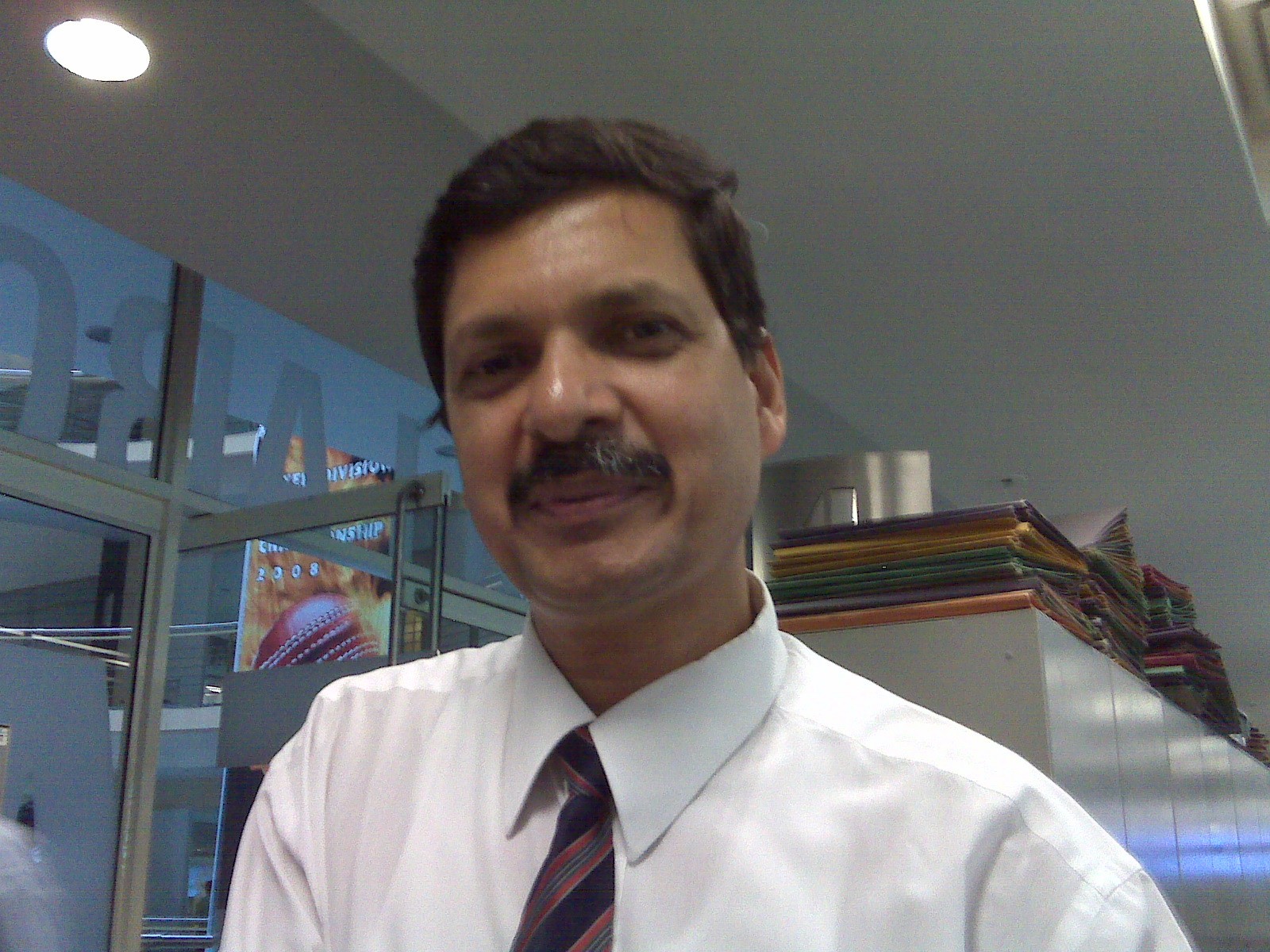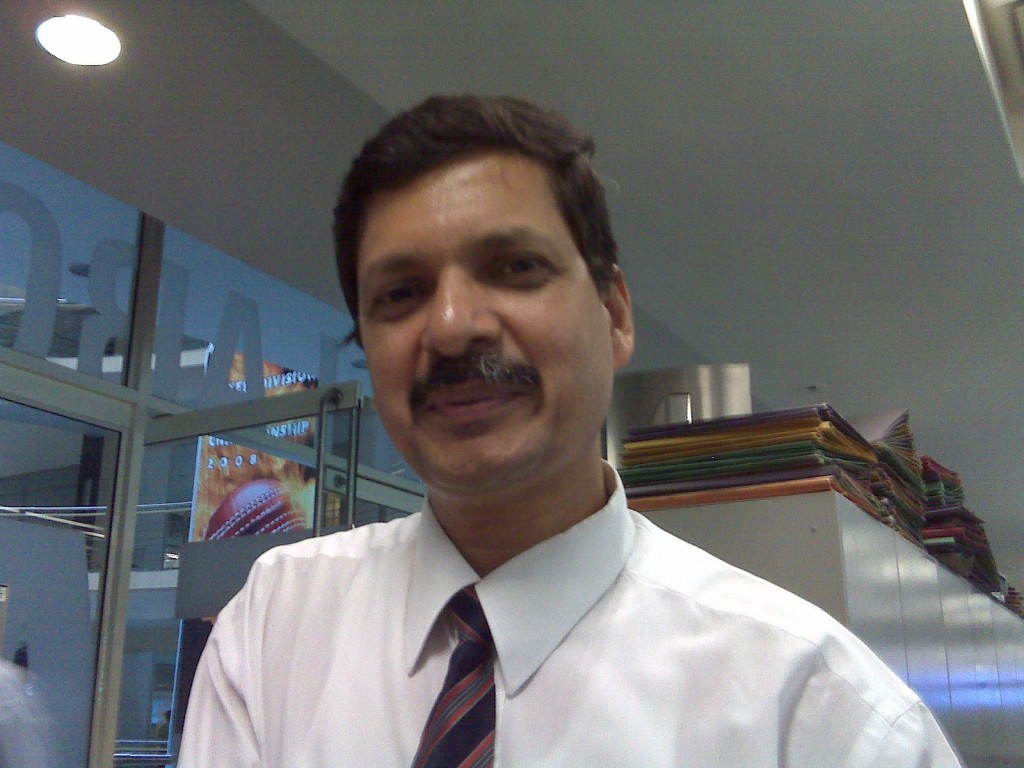Indian Catholic physician: rethinking the health system to meet the needs of the elderly
By Dr Pascoal Carvalho*
From 5 to 7 March, the Pontifical Academy for Life will hold its General Assembly. The theme of the gathering will be ‘Assisting the Elderly and Palliative Care’. This is a sensitive issue in India, where the percentage of “grandparents” is quickly increasing. By 2021, there will be 140 million senior citizens. At least 30 per cent of them will be poor, without access to medical facilities and therapies.
Mumbai (AsiaNews) – ‘Assisting the Elderly and Palliative Care’ is the theme of the 21st General Assembly of the Pontifical Academy for Life, scheduled to take place from 5 to 7 March 2015. For India, a country with an aging population but without proper health facilities, it is a “timely and challenging’ issue, Catholic doctor Pascoal Carvalho told AsiaNews.
On 6 March, the assembly will be open to the public, with the participation of academics, health professionals and students.
The workshop will be divided into three sessions. The first one will analyse the clinical care of the elderly at the end of life, taking into account a number of aspects: assistance in case of degenerative diseases and terminal patients, the use and abuse of analgesics in palliative care, and building a clinical therapy. The second will be devoted to anthropological and ethical perspectives, focusing on the central role of the elderly person’s relationships in the family, society and hospital. The third and final session will focus on spirituality and the legal aspects of the end of life.
Below, we publish Dr Carvalho’s reflection on the matter. He is a member of the Pontifical Academy for Life.
This General Assembly’s theme, ‘Assisting the Elderly and Palliative Care,’ is especially timely and challenging for our country India.
Despite rapid and consistent economic growth, India will have a huge ageing population who may be far poorer than their counterpart in the West.
The size of the elderly population has risen from 12.1 million in 1901 to approximately 77 million in the 2001 census. According to official population projections, the number of elderly persons will rise to approximately 140 million by 2021.
With the rapid changes in the social scenario and the emerging prevalence of nuclear family set-ups in India in recent years, elderly people are likely to be exposed to emotional, physical and financial insecurity in the years to come.
According to the 2011 Census of India, nearly 70 per cent of the country’s population lives in rural areas; hence, elderly and palliative care becomes all the more challenging and imperative, as nearly 30 per cent of the elderly are disadvantaged and live below poverty line.
The Indian Constitution (Article 41) provides for public assistance in old age. The enactment of the ‘Maintenance and Welfare of Parents and Senior Citizens Act, 2007’ is designed to ensure the welfare and need-based maintenance for parents and senior citizens.
Other measures include old age pensions, income tax exemption/deduction, and travel concessions.
However, implementation is often an issue and with the growing commercialisation of health care and the deficiencies in the public health care system, the care of the elderly is inadequate.
India is home to millions of patients suffering from chronic and life limiting illnesses such as cancer, AIDS, dementia, as well as heart, liver and renal diseases and other debilitating conditions or incapacitating injuries.
In 2011, the National Policy on Senior Citizens 2011 placed special emphasis on senior citizens suffering from severely disabling diseases. However, concrete measure are yet to be put in place to deal effectively with the impending scenario of the growing elderly population.
Palliative care is a part of continuum of care services. Terminally ill patients have many medical, nursing, mental, social, spiritual and financial needs.
The health policy of the Catholic Church in India recognises that the elderly have special needs.
The Church runs 615 senior citizens homes across the country, providing free care to nearly 18,500, mostly ill elderly residents who have been abandoned by their families.
Without discrimination on the basis of caste or creed, the Catholic Church tirelessly serves more than 60,000 elderly on a daily basis, including 18,500 in its homes for the aged and 1,700 in its palliative care units.
*Catholic doctor in Mumbai and a member of the Pontifical Academy for Life









